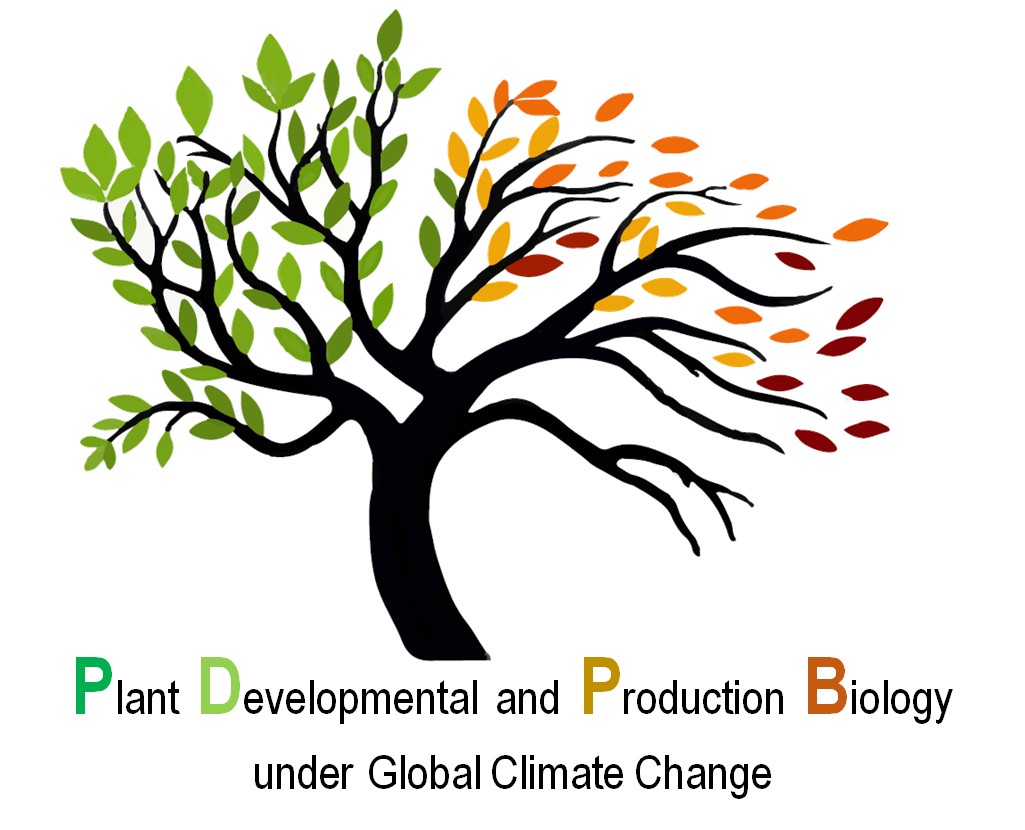 |
Prof. Dr. Jutta Ludwig-Müller Director of the Institute for Botany at the Technischen Universität Dresden, Germany. Jutta Ludwig-Müller holds a degree in biology from the J.W. Goethe Universität in Frankfurt (1986), and a Ph.D. degree from the Botany Institute of the JWGU (1990). After working as a research assistant at the Botany Institute of the JWGU, research associate at the Case Western Reserve University (Cleveland, Oiha, USA) and assistant professor at the Botanical Institute of the JWGU; she became Professor of Plant Physiology at the Technischen Universität Dresden. Since 2001, Dr. Ludwig-Müller has been Director of the Institute of Botany at the TU Dresden. She is also a member of the Senate and the Executive Committee of the Konferenz Biologischer Fachbereiche. Jutta Ludwig-Müller’s research focuses on mechanisms leading to plant-pathogen (clubroot disease) interactions or the interaction with beneficial microorganisms (fungal endophytes). Under her supervision, the Institute of Botany is performing ground-breaking research regarding the role of plant hormones and secondary plant products for development of pathogenic or symbiotic interactions of fungi with host plants. . |
|

|
|
Important links: |












